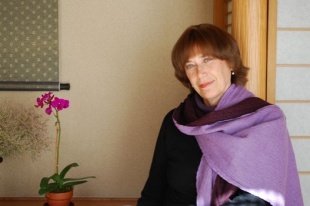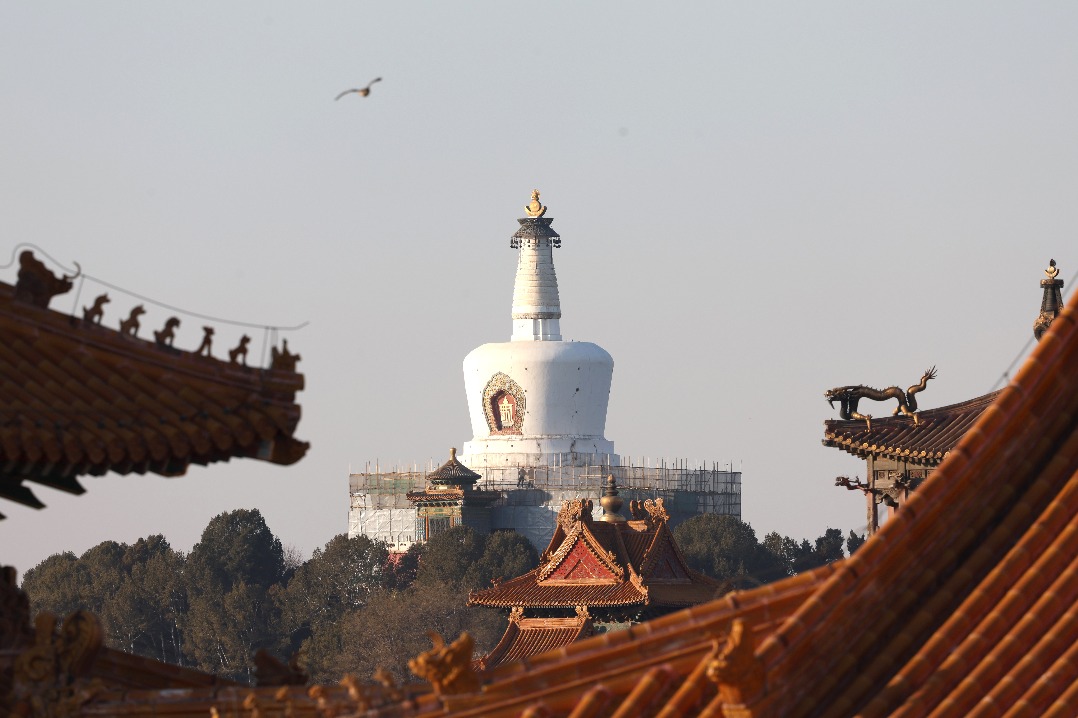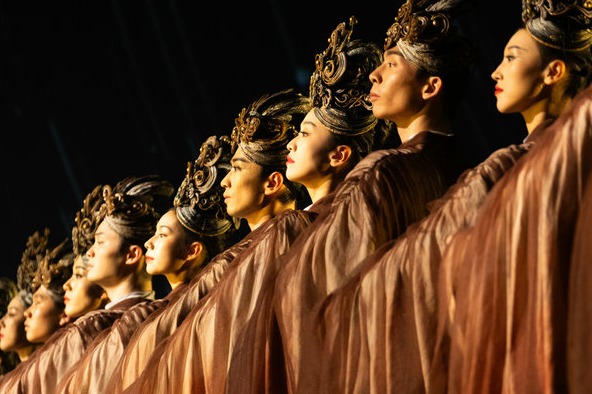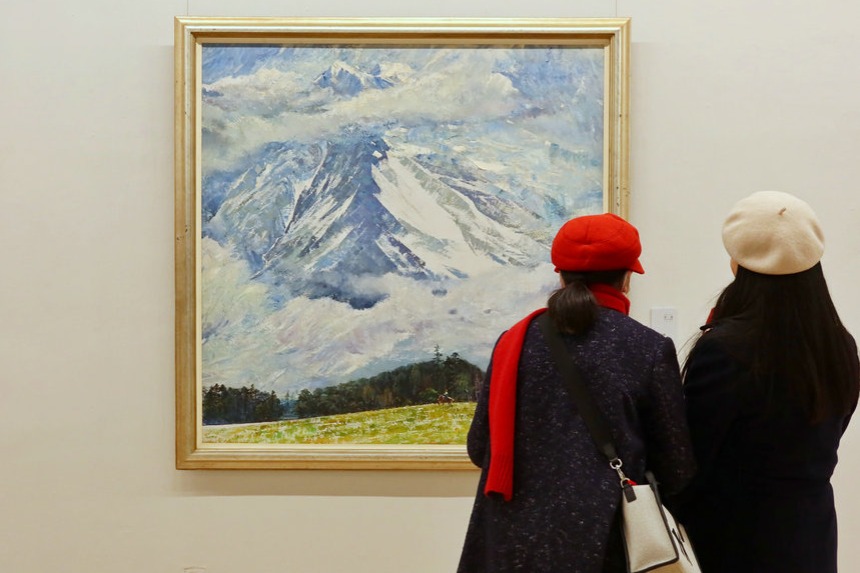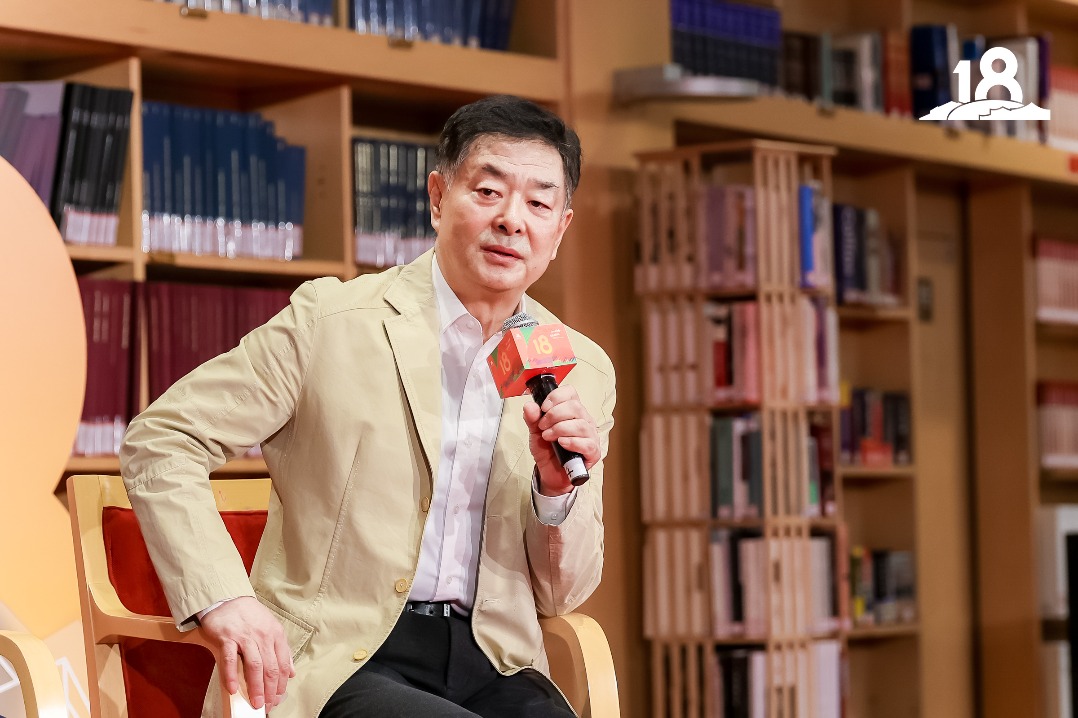Grounds for deepening dialogue

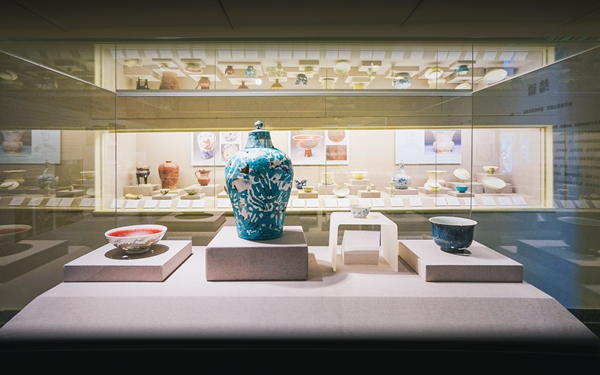
The optimism must occur, amid the rapid development that China finds itself in, in a cultural context that builds upon the past meaningfully, Schwarcz says.
"When I was at Beida (Peking University), the cultural legacy was amply evident, in calligraphy, in art. There's a difference, however, between public display of culture and genuine cultural revival, and the ongoing critical development of cultural legacies. That's true for every culture, including America," she says.
"Just celebrating the past is not enough. How to build upon the past in an open-minded, vigorous fashion, every culture is struggling with that.
"In China, public celebration, public codification of what traditional culture means, may restrict the possibilities for cultural contributions.
"But there's no question that there's reason for optimism. The material well-being which many people in China are enjoying is not in itself enough for cultural vibrancy. You could be rich and be prejudiced and backward. Being rich is not the same thing as being genuinely forward-looking," Schwarcz says.
The optimism must be within a cultural context "in which genuine pluralism can survive ... which I think China is poised for", she says.
East-West exchange
The dialogue that is occurring between China and the rest of the world offers "a very meaningful opportunity for mutual compassion and empathy", Schwarcz says.
During her time at Peking University, she met major intellectual figures such as Feng Youlan, Zhu Guangqian, Yue Daiyun and Tang Yijie. This led to seminal work on New China.
"It was my time at Beida and these interviews, walking that beautiful campus ... everything for me happened in that little corner of Haidian," she says.
"I am forever indebted to Beida for opening up my eyes when I arrived. I really learned Chinese history by listening to people and to the actual terrain.
"When Beida did the book of interviews with me, I was very eager to acknowledge my indebtedness to this university that has witnessed so much in the last 50 years ... I'm extremely grateful to the university and to its officials. They opened their archives when they were still severely restricted. I arrived at a time when reform and opening-up was just beginning. To pick up the phone and to say to the archivists at the library who were keeping everything locked, 'please let this foreign scholar in', was a huge risk and favor. For this I am greatly indebted."
Overcoming obstacles
There are challenges to the dialogue as the country continues on its development journey, Schwarcz says, such as the "hasty use of knowledge for material gain".
Students, for example, may return from top institutions in the West, armed with educational credentials, "and you come home to China and you get a great position at some company and get yourself a great house ... and everything is good", she says.
"That haste and materialism is one obstacle to deepening of cross-cultural dialogue, because it's so easy to buy credentials, to pretend to engage in dialogue, which is different from actually engaging in dialogue.
"You need a little more time, both abroad and when you come home, to deepen the impact of what you gained and what you saw."
Any "codification" of optimism and of dialogue may also be impediments, Schwarcz says.
"The Party has positioned itself as a great unifier, which is hugely important for pride and for cultural development."


